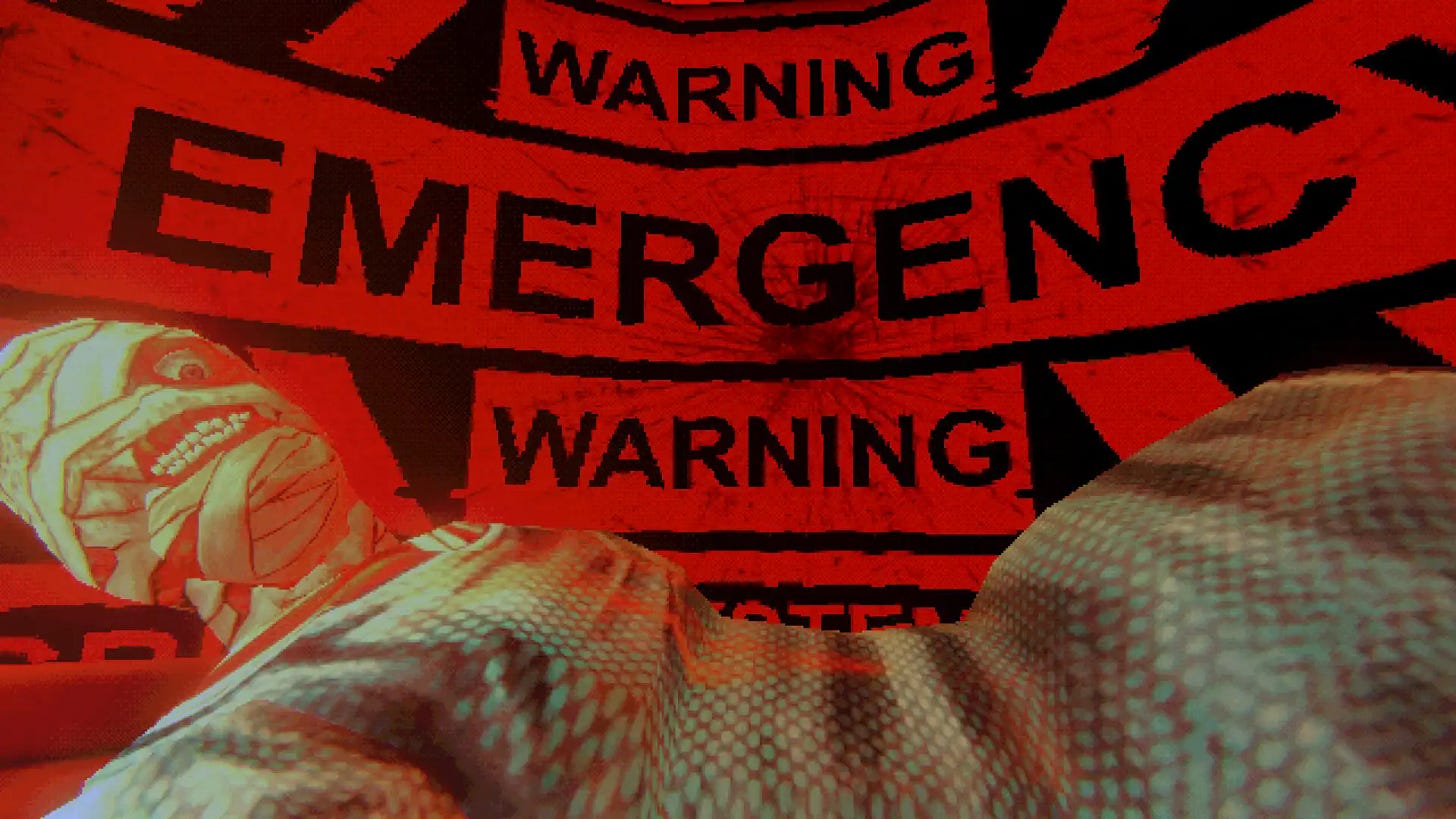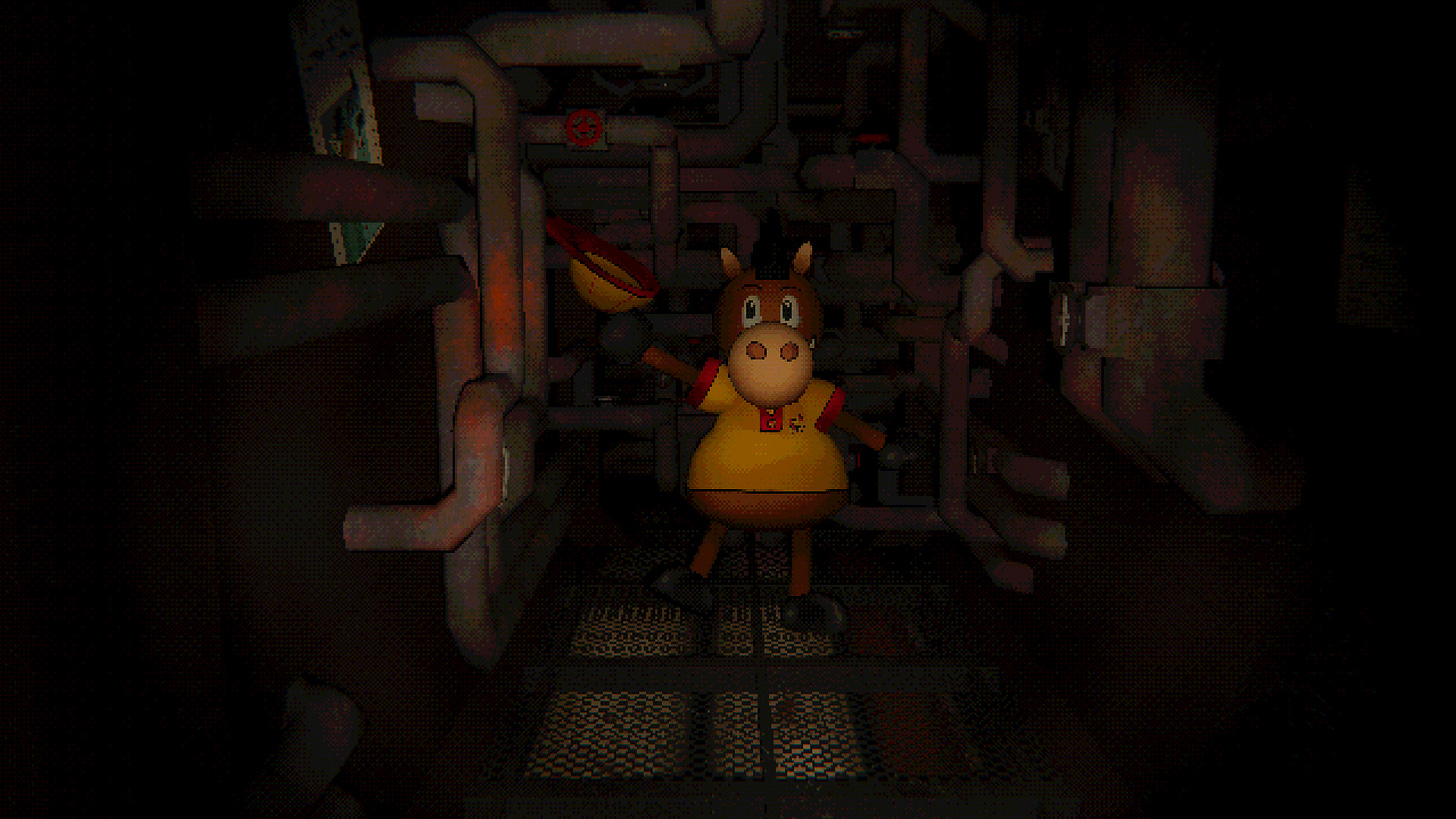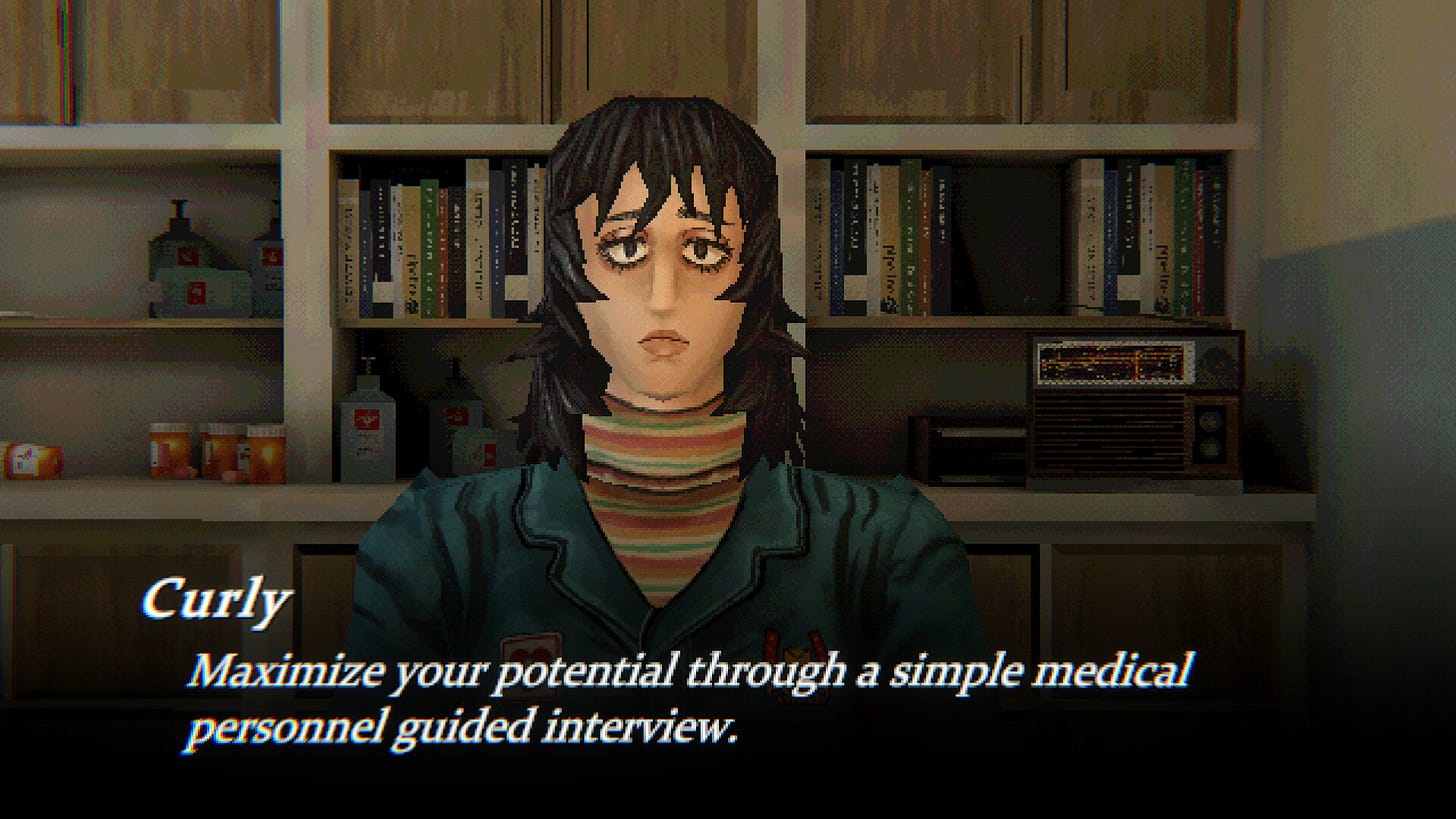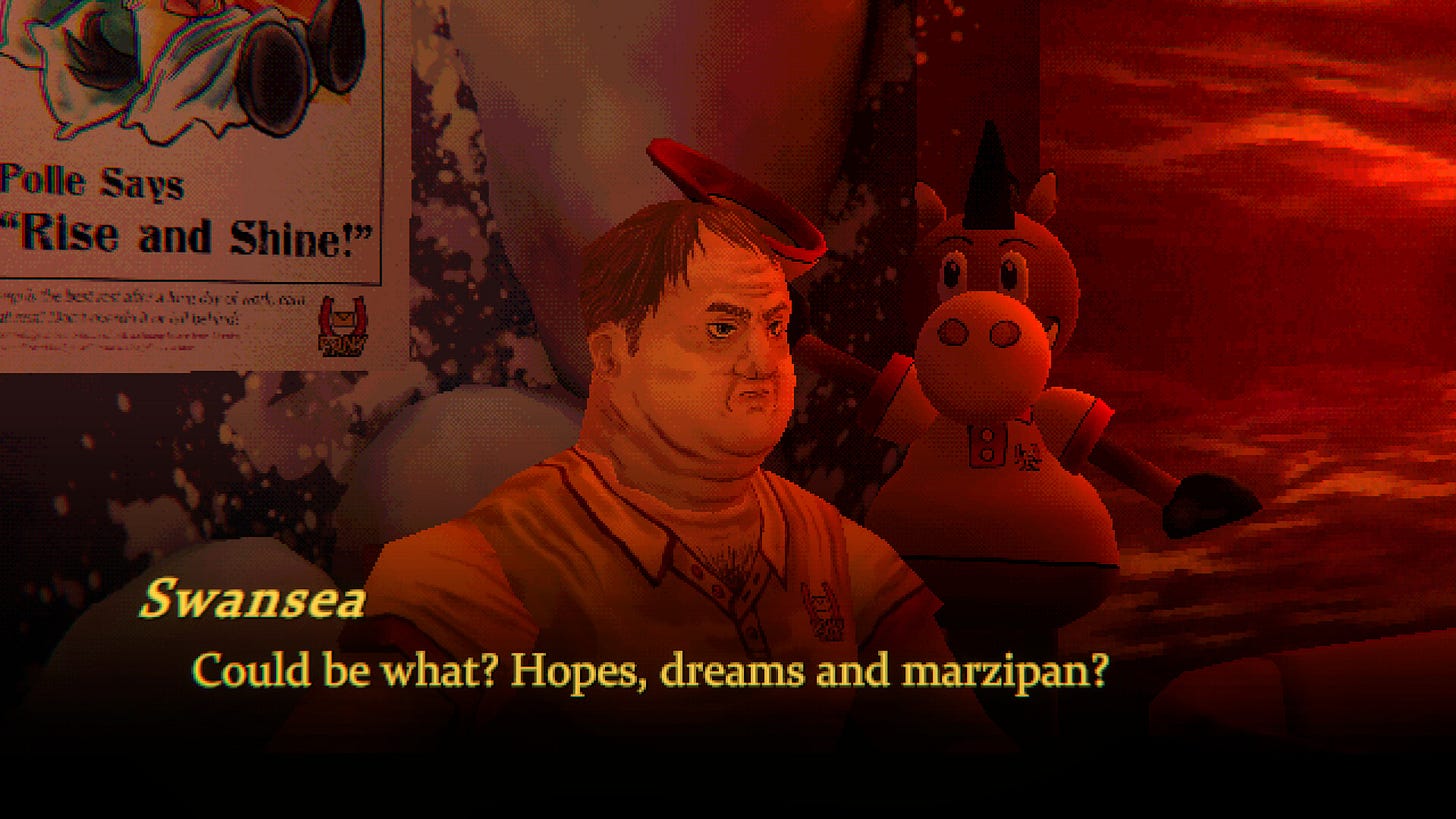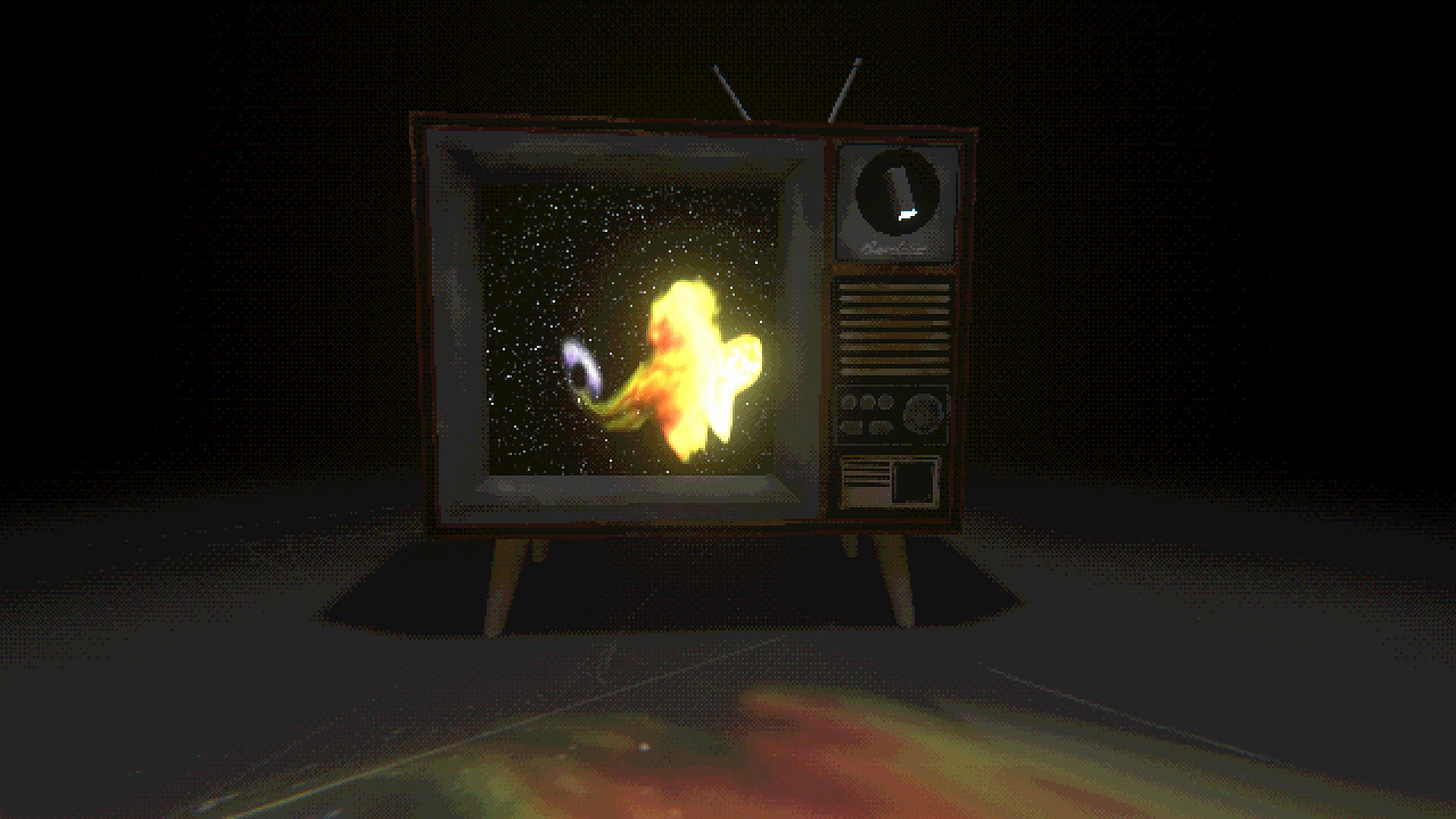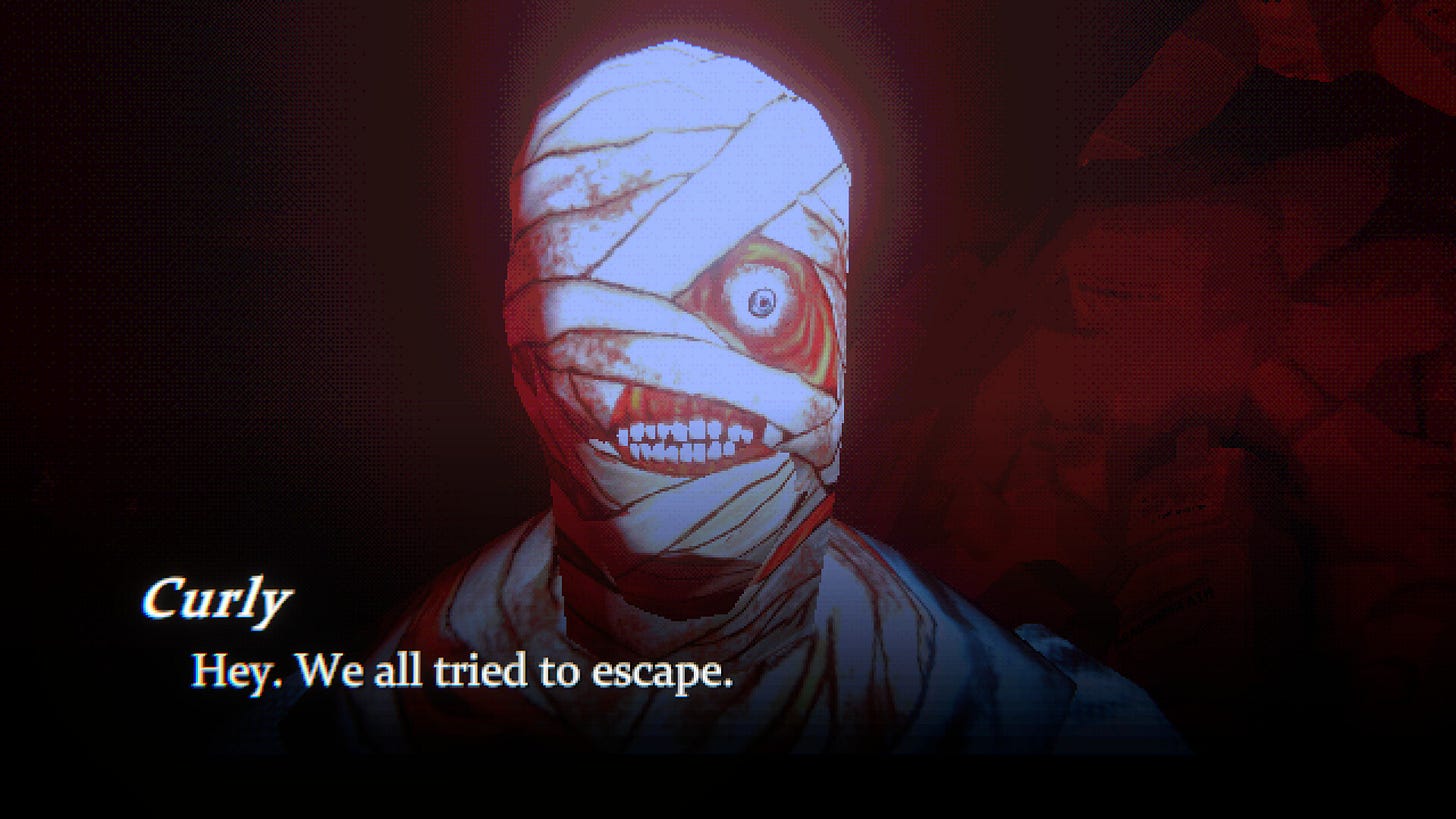Mouthwashing Charts New Territory For Indie Horror
Why is it called Mouthwashing?
When I was scheduling appointments for PAX West 2024, I saw an opportunity that jolted me out of my chair. No, I didn’t get invited to the behind-closed-doors Nintendo press briefing, but I
got what some (including myself) would consider the next best thing: a one-on-one chat with Kai Moore, the co-founder and producer at Wrong Organ.
Now, if you don’t know Wrong Organ, I won’t scold you. They are a fairly small, relatively new development team based in Stockholm. As with many new studios, their portfolio is still budding. As of writing this, they have only one title on Steam called How Fish is Made, which is actually free to play if you want to try it out.
So why did I get so excited to talk with someone from this seemingly random indie team on the other side of the world? My answer is very simple: Mouthwashing.
Several months back, I was browsing Steam Next Fest and came across a demo for a narrative-focused horror game in a retro PSone graphics style. I decided to give it a try, and thirty minutes later, I found myself gripping my Steam Deck in horror. Sure, that horror was partly due to what I had just witnessed in the demo, but it was primarily because I had no idea when I would be able to play more. Within what seemed like just a few minutes, that demo set up all the right elements for my ideal horror game: interesting characters, dark humor, an absence of “in-your-face” scares, and most importantly, unsettling and psychologically disturbing gameplay.
Mouthwashing is a game about a stranded space crew doomed to live out their final days with their maimed and psychotic ship captain. The story is told through jump cuts between sometimes normal, sometimes horrific scenes that depict the slow degradation of a group of people who are forced to endure mental and physical hardships as they creep toward the end of their lives.
The premise is incredibly disturbing, but honestly, I found the presentation of the game a bit disarming. The dialogue sucked me in from the start, the level design and visual storytelling sparked my curiosity about the potential lore to uncover, and the gameplay made me feel like I was an equal member of the crew. I think it all culminated with the moment in the demo when it became clear why the game was called Mouthwashing. It was such a hilariously grim moment that got me excited about what else this game had up its sleeve.
I realize that I’m hyping up relatively simple gameplay features, but I can’t understate how crucial it is that all these parts come together to deliver an experience with purpose. The reason I love horror movies and books is because of the places the stories take me. Stories that deliver equally interesting and unsettling themes, weaponizing my imagination against me. I’ve found it hard to find that same experience in games. Many of the most popular horror games I’ve come across let the story fall by the wayside in favor of producing horror through gameplay and visuals. While I don’t think that’s necessarily a bad way to leverage the interactive nature of games to create a compelling experience, personally, I don’t care about being jump-scared for a quick rush of adrenaline.
During my discussion with Kai, I continuously prodded for answers on how the team was able to produce scenes that were simultaneously natural, funny, and off-putting. Ultimately, all roads led back to their narrative designer, Johanna. Johanna was the mastermind behind the characters, dialogue, and overall plot. Similar to how Tim Schafer famously drives the scripts for Double Fine’s most beloved titles, Johanna sets up the alley-oops for the team to dunk.
A great example of this was a moment towards the end of the demo when you’re tasked with going into a storage room to look for a particular item. What starts as a relatively simple task begins to blur into madness as the game starts to play tricks on you. You begin to lose track of time, your sense of reality, and your understanding of the situation. While there are no puzzles or platforming challenges, the gameplay at this moment ratchets up the tension as you are forced to take control in a scene that is quickly becoming more bizarre by the second.
I love it when a game can trick me into forgetting I’m playing a game and instead immerse me in the moment, and Mouthwashing seems like that type of experience. It’s not often that I come across an indie title, let alone a demo for an indie title, and immediately draw comparisons across multiple media. I saw shades of Alien, felt tones reminiscent of Ari Aster, and gameplay-wise, even sensed (very light) hints of Resident Evil 2. This is not to say you’ll feel the same exact inspirations, or that those were used when designing the game, but just the fact that I am being reminded of so much of my favorite art is a good sign.
Kai mentioned how Mouthwashing would be a demonstration of the team’s ability to be a creative force. It shows they can deliver an interesting and messed-up story with important themes layered throughout. In this case, the gameplay would serve as a complement to the narrative they are building, but he emphasized that the goal was to develop a portfolio of titles that would showcase the team’s many strengths. Based on my time playing Mouthwashing, this is just the beginning of Wrong Organ’s story.
Check out Mouthwashing when it releases on September 26, 2024.


